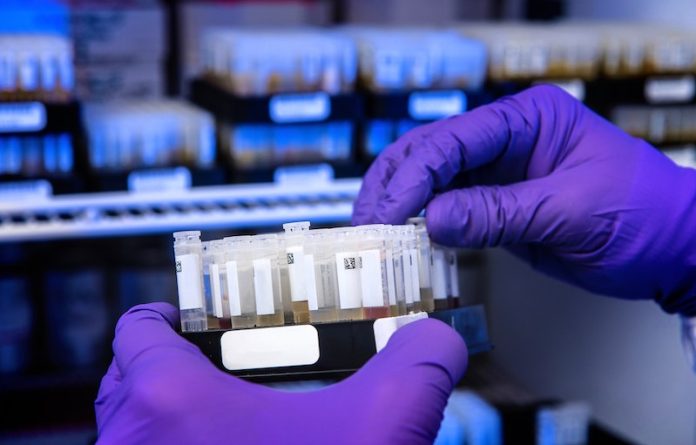
A new study has found that inflammation may be a more powerful predictor of future cardiovascular events, such as heart attack and stroke, than high levels of “bad” cholesterol.
The study, which was conducted by researchers from Brigham and Women’s Hospital, analyzed data from over 31,000 patients who were already taking statin therapy, a common treatment for high cholesterol.
The study found that a measure of residual inflammatory risk, known as hsCRP, was a more powerful determinant of future heart attacks or cardiovascular disease-related deaths than LDL-cholesterol, which is a measure of residual cholesterol risk.
The data suggest that to effectively prevent heart disease, both inflammation and cholesterol levels need to be lowered, not just cholesterol alone.
The team at Brigham and Women’s Hospital explained that the results should serve as a wake-up call for preventive cardiologists and their patients.
The study analyzed data from three recently conducted clinical trials, which included patients with or at high risk for atherosclerotic disease.
All patients in the trials were receiving aggressive guideline-directed medical care, including statins, usually at high doses.
Despite this, cardiovascular event rates in all three trials approached 10% at five years.
In all three trials, blood levels of high-sensitivity C-reactive protein (hs-CRP), a measure of vascular inflammation, were significantly associated with major adverse cardiovascular events (MACE), cardiovascular mortality, and all-cause mortality.
The researchers found that hs-CRP was a more potent predictor of future cardiovascular risk than LDL-cholesterol.
For example, among aggressively treated patients already on higher-intensity statins, the risks of cardiovascular death and all-cause death were more than twice as high among those with the highest levels of CRP when compared to those with the highest levels of cholesterol, differences that were highly statistically significant.
The study’s authors suggest that treatments that aggressively lower vascular inflammation need to be incorporated into daily practice if doctors are to maximize patient outcomes.
Inflammation inhibition has been found in several clinical trials to reduce cardiovascular risk, yet uptake of anti-inflammatory therapy in daily practice has been limited.
The study’s authors note the importance of weighing the potential benefits of anti-inflammatory agents, in addition to statin therapy and lifestyle modifications, to lower cardiovascular risk.
Beyond statins and anti-inflammatory agents, physicians should not lose sight of the importance of diet, exercise, and smoking cessation, all of which lower vascular inflammation and can help prevent heart disease.
Overall, the study highlights the importance of addressing both cholesterol and inflammation in the prevention and treatment of heart disease.
It underscores the need for more aggressive measures to reduce inflammation and improve patient outcomes.
If you care about inflammation, please read studies about vitamin D deficiency linked to chronic inflammation, and tart cherry could help reduce inflammation.
For more information about health, please see recent studies about vitamin B6 linked to lower death risk in heart disease, and results showing anti-inflammatory diet could help prevent fatty liver disease.
The study was conducted by Paul Ridker et al and published in The Lancet.
Copyright © 2023 Knowridge Science Report. All rights reserved.



